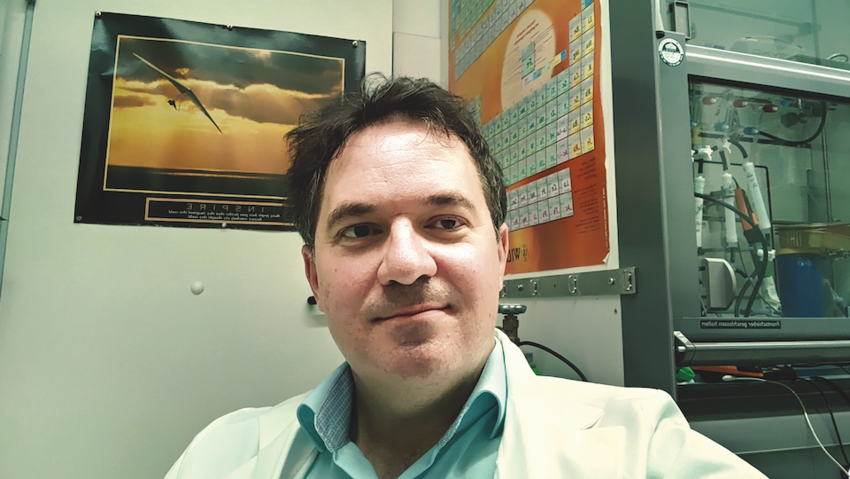Why we need the switch from oil to biotech now
In the modern age, industry began tapping into coal, oil and more recently shale gas as ‘feedstocks’ (known in biology as ‘substrates’), using heat from their fire, and high pressure, to crack substances to yield yet other fuels and base chemicals. Those industries use ‘prefermented’ compounds as an energy source. But processing conditions are harsh, while side-products are often unknown and, in many cases at least, toxic. The exploitation of fossil resources allowed economic growth during an era when by-products and the long-term effects on our species and the environment were secondary worries. Those days are over.
So why does biotechnology provide long-term solutions to the legacy of past economic growth? Why has it been so long ignored? Why has it taken so long for large corporations to discover the charms of enzymes and microbes, and has it really? Or do they just want to keep running their old profitable plants under the guise of green promises or because they lack the know-how?
Unlike chemistry that requires other catalysts, biotech employs enzymes and microbes to accomplish the transformation from component A to B. The biggest difference between the two is intimately related to energy and selectivity. Biotech processes are ‘mild’. They occur within the boundaries of life. And due to the nature of the factors that drive them, enzymatic processes are also selective, influencing for instance the amount of desired product produced. Biotech processes additionally arise from evolved systems, and both products and ‘waste’ are compatible with Nature. Conventional industrial chemical processes, in comparison, are harsh, often involving high temperatures and high pressures, yielding byproducts and waste that is not compatible with Nature. In the balance that must be struck between a) energy demand, b) selectivity and c) overall fit with Nature, only biotechnology offers ways to exploit resources in truly long-term and sustainable ways.
But because our societies have been powered by fossil fuels for centuries, it’s difficult for decisionmakers to understand and execute new frameworks in the modern world. It is therefore of utmost importance to look holistically at the big perspective, and question economic growth as the sole key measure for ‘progress’. We need a perspective that equally values a long-term fit with the environment. The impact of a biotech-based economy would quickly become clear (in the form of a restored global ecosystem) if measures are taken now to move towards a fast ‘Global Fossil Exit’. Humanity needs to rediscover the circularity common to ancient cultures and center it again as a fundamental pillar of modern cultures. We can no longer afford to simply ignore our central ally and partner – Nature – in favour of short-sighted economic gains.
Dr Alexander Krajete is managing director of Krajete GmbH, a company that pioneers high-performance gas fermentation and gas purification. He holds a PhD in chemistry with postdoctoral experience from UC Berkeley. Alexander started his career in the petrochemical industry with Borealis Norway in 2004, where he was project manager for polyolefin upscaling and senior scientist for hydrocarbons. Inspired by archaea, he founded Krajete GmbH in 2012.
This article was originally published in European Biotechnology Magazine Winter Edition 2022.




